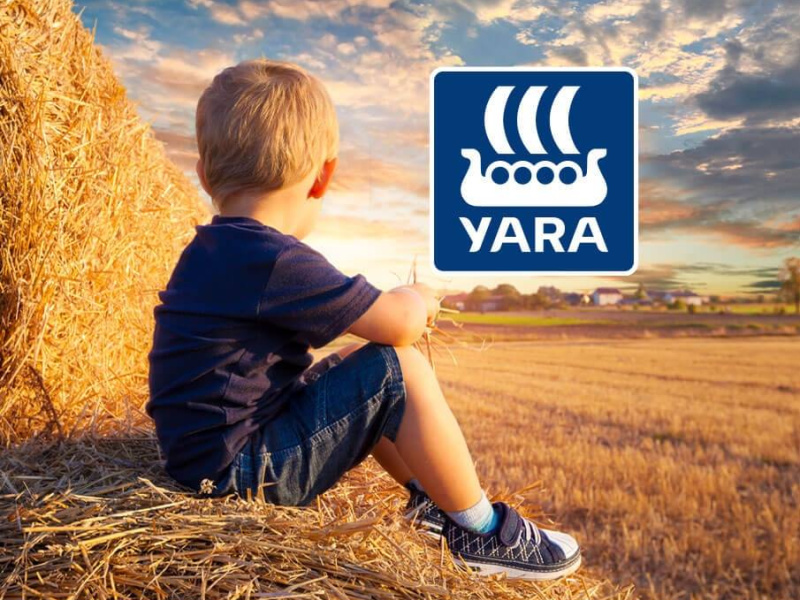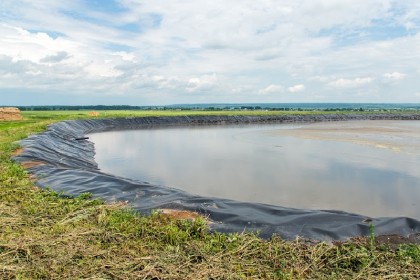
Phossure Prevents Lick Losses
It is impossible to overstate the importance of phosphorus (P) in the nutrition of cattle, sheep and goats. Phosphorus is the second most plentiful mineral in the body (after calcium), and because it is important in nearly every biochemical aspect of metabolism, it has a huge influence on animal production and therefore a farm's profitability.
Phosphorous Requirement
Except for a basic P requirement for maintenance, any production above maintenance will increase the P requirement of an animal.
The rainy season is not only a time of active growth of animals, but most of the female animals are pregnant and or lactating. Although green grass has an abundant supply of energy and protein, it lacks P and cannot provide in the high P requirements of animals. Phosphorus supplementation in the summer is therefore very important to overcome the gap between the animal’s requirements and that which the veld can provide.
The reproductive rate of female animals is one of the most important factors that determine the profitability of any production system. A recurring feature of animals grazing on acutely P – deficient pastures is unfortunately poor reproductive rates. The rumen microbes are mainly responsible for the digestion of feed and have a discrete requirement for phosphorous. If this requirement is not met accordingly, the deficiency will be seen in a reduction of dry matter intake and reduced digestibility of forage.
This directly influences the body condition of the grazing animal and more specifically, the breeding cow/ewe. The body condition of the breeding cow/ewe is of the utmost importance since the body score and the conception percentage are directly correlated (Meaker, 1991). Conception percentage, together with other reproduction factors such as milk yield and calving/lambing percentage, contributes between 70 and 80 % of the profitability of any production system.
Supplemental Phosphorus
In order to meet all the P requirements of animals, especially in the rainy season, we need to supply animals with phosphates. A large variety of phosphate sources are available to the Farmer. These can range from ready-mixed products to concentrates for home mixing. The choice of a P source should, however, be influenced by more than just the P source’s cost per bag. Added value, such as the inclusion of trace minerals, weather resistance, consistent composition and technical advice, is but some of the factors that should be considered when buying feed phosphates.
During the rainy season, it often happens that farmers encounter great lick losses because of feeding troughs/licks that get drenched by rain. When this happens, the lick must either be thrown away because it became mouldy or the lick intake per animal will drop dramatically because it became unpalatable. It is often found that because of this, farmers tend not to supply phosphate licks during the rainy season. Although ruminants have the ability to mobilize P from their skeletons, these reserves can not last forever and must be constantly replenished to ensure optimal animal production.
Yara Animal Nutrition South Africa developed a unique weather-resistant product to decrease lick losses due to rain. PhosSure 6 and PhosSure 12 are unique phosphate-trace-mineral supplements and concentrates, made from a high-quality phosphate source, namely mono-dicalcium phosphate. The product is enriched with a spray-dried molasses by-product to ensure increased palatability and weather resistance. PhosSure 6 and PhosSure 12 form a hard, protective layer whenever rain falls upon it. This layer can be easily broken to give animals access to the dry, undamaged lick underneath.
PhosSure 6 is ready mixed and can be fed directly from the bag while PhosSure 12 can be mixed 50/50 with dry salt to get to a P6.
Conclusion
Lush green grass during the rainy season can supply animals with enough protein and energy but lacks phosphorous. Supplement your animals with the phosphate they need, by giving them PHOSSURE 6 or PHOSSURE 12!
For more information on phosphorus supplementation, contact a Yara Animal Nutrition nutritionist at +27 82 322 0333.
For other agricultural products and services, click here.












